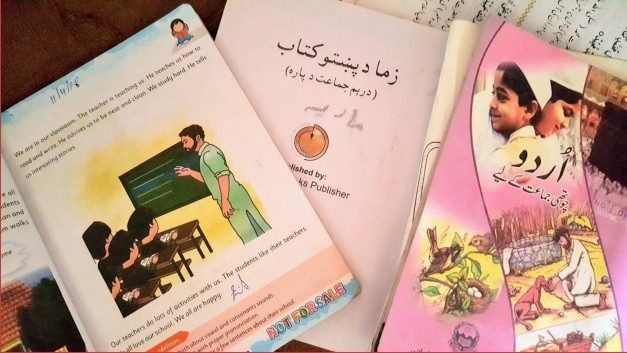Of all the languages a person can speak, mother-tongue is the language closest to their heart. This is because of the emotions and thoughts associated with the language since one’s childhood. Maybe that is why anything taught in one’s mother-tongue makes its way conveniently to one’s mind and heart. However, ever increasing importance of English in the academic and professional world has made the role of mother-tongue in education questionable. Thus, we are compelled to ask whether mother-tongue should be or shouldn’t be the medium of instruction in schools.
Mother tongue as a medium of instruction
Well, a clear and research-backed answer to this question is, yes. Mother-tongue should be the medium of instruction in schools because mother-tongue based instruction makes it easy for students to comprehend the content of various disciplines.
Various research studies conducted in non-English countries suggest that mother-tongue based education builds conceptual understanding among learners not only at a faster pace but also in a much easier way. Besides, mother-tongue based education improves the quality and frequency of teacher-student interaction. A student is more likely to interact with the teacher he/she feels at ease during communication.
However, the materialization of this concept has not been so easy in Pakistan. In fact, mother-tongue seemed to have remained in Hamlet’s dilemma of ‘to be or not to be’ the medium of instruction.
Read more:Is education in mother-tongue really essential?
English made mandatory
Without going so back into the history, the National Education Policy 2009 stated that it was up to the Provincial and Area Education Departments to choose the medium of instruction up to Class V for five years. After five years, however, it would be mandatory to teach all science subjects and math in English without choice.
Punjab immediately implemented the policy of English medium instruction, but in 2013, the British Council report titled “Can English Medium Education Work in Pakistan – Lessons from Punjab” revealed 62% of the private schools’ teachers and 56% of those in public sector lacked basic knowledge of English and that most of the remaining teachers were found to be at beginners’ level.
Read more:English as the medium of instruction: Right choice for Pakistan?
Failure of the 2009 Education Policy
This proved that the policy was implemented in haste and therefore it didn’t produce the desired results. Resultantly, National Education Policy 2017 declared that either the local language or the national language shall be the medium of instruction in primary schools.
Realizing this fact and complying with survey findings, the medium of instruction at government primary schools was shifted from English to Urdu in Punjab in August 2019. If this is the case of the biggest and well-resourced province in the country, the situation in other provinces is anybody’s guess. Nevertheless, recent developments seem to have turned the tide in favor of mother-tongue based education in Pakistan.
Read more:Urdu is not a foreign language, protests Panjab University’s Urdu department
Local language should be used in schools
Recently, The Citizens Foundation released a report which confirms the fact on the basis of research that children learn best when they are taught in familiar languages i.e. mother-tongue.
In light of the report, TCF puts forward a sequence for introduction of languages. For instance, from pre-kindergarten to grade 3, education should be given in local or regional language. From grade 4 to grade 7, second language should be the medium of instruction through bilingual/multilingual teaching learning model. From grade 8 onwards, national or foreign language (in our case, English) should be the solo medium of instruction.
The research is indicative of the fact that real and durable learning takes place in mother-tongue. Three-language formula and gradual introduction of languages (from local to international) ensures best learning outcomes. It is high time that the policymakers make a convincing decision regarding mother-tongue based education. Let not the children of today and tomorrow be content parrots!
The author is an English Lecturer at IBA Sukkur campus. The views expressed in this article are the author’s own and do not necessarily reflect the editorial policy of Global Village Space.













